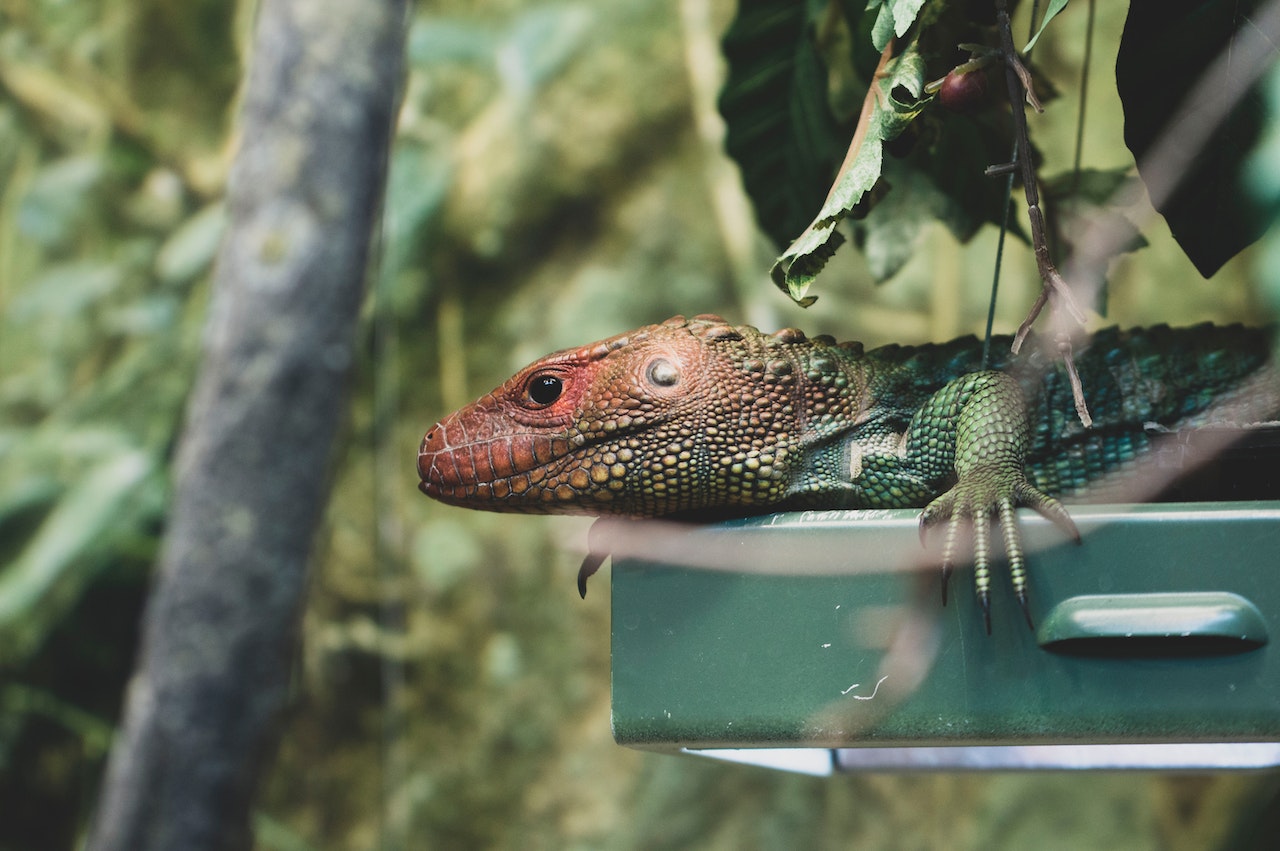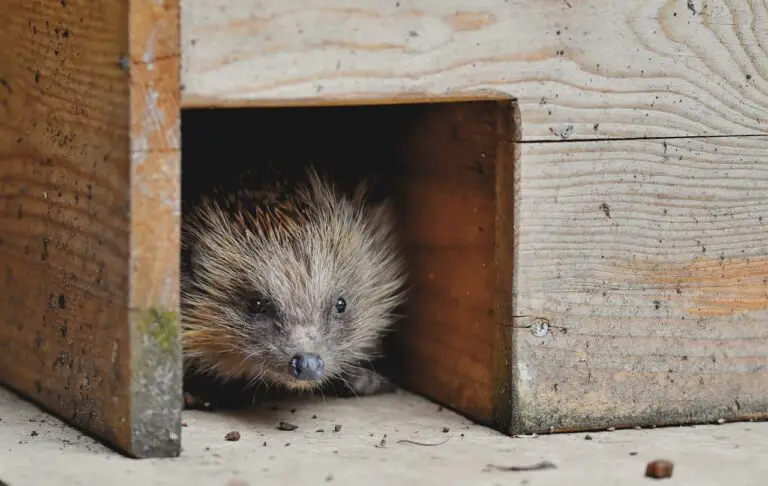Exotic Pet Lifestyle Choice: How to Choose the Right Pet for You
Choosing an exotic pet is an exciting decision that should be approached with careful consideration.
Exotic animals can be unique, fascinating, and rewarding companions, but it’s important to make sure you’re prepared for the challenges that come with owning a non-traditional pet.
From researching the specific needs of your chosen animal to considering the time and financial commitment required, there are many factors to take into account.
In this article, we’ll take a look at some of the key factors to consider when selecting an exotic pet.
Key takeaways:
- Choosing an exotic pet requires careful consideration of factors such as living space, time commitment, financial resources, and ethical considerations.
- Conduct thorough research before choosing an exotic pet to ensure you can provide the necessary care and environment.
- Make sure to consider the ethical implications of owning an exotic pet and choose responsibly.
- With the right preparation and consideration, owning an exotic pet can be a unique and rewarding experience.
1. Research, Research, Research
Before you decide on an exotic pet, it’s crucial to do your research.
Different animals have vastly different needs when it comes to diet, exercise, living space, and socialization.
Some species may require specialized care or equipment that can be difficult to obtain.
Make sure you understand the requirements of any animal you’re considering before making a commitment.
2. Your Living Space
The amount of space you have available can be a major factor in deciding on an exotic pet.
Some animals, like large reptiles or primates, require a significant amount of space and specialized housing.
Others, like small birds or rodents, may be more adaptable to smaller living quarters.
Consider the amount of space you have available and the specific needs of the animal you’re considering before making a decision.
3. Diet and Nutrition
Dietary requirements can vary widely among exotic animals.
Some require specialized diets that can be difficult or expensive to obtain.
Others may have specific dietary needs that are easy to meet.
Make sure you understand the nutritional needs of any animal you’re considering and are prepared to provide the appropriate food and supplements.
4. Exercise and Socialization
Exotic pets may have specific needs when it comes to exercise and socialization.
Some require daily interaction with their owners or other animals of their species.
Others may require specialized equipment or environments to provide appropriate exercise.
Ensure you understand the exercise and socialization requirements of any animal you’re considering and are prepared to meet them.
5. Time Commitment
Exotic pets can be rewarding companions, but they can also require a significant amount of time and attention.
Some animals may need daily interaction or care, while others may require less frequent attention.
Consider your own lifestyle and schedule when deciding on an exotic pet and make sure you’re prepared to commit the necessary time.
6. Upfront and Ongoing Costs
The costs associated with owning an exotic pet can be significant.
Upfront costs may include the purchase price of the animal, specialized housing or equipment, and veterinary care.
Ongoing costs may include food, supplements, veterinary care, and other expenses.
Focus on understanding the financial commitment required before deciding on an exotic pet.
7. Legal Considerations
In some cases, owning an exotic pet may be illegal or require a special permit.
Make sure you understand the legal requirements for owning any animal you’re considering and are prepared to meet them.
8. Health and Veterinary Care
Exotic pets may have specialized health and veterinary care needs.
Some may require regular check-ups with a veterinarian who specializes in exotic animals.
Others may be more susceptible to certain illnesses or health conditions.
Make sure you understand the health care needs of your exotic companion.
9. Ethical Considerations
When it comes to choosing an exotic pet, it’s important to consider the ethical implications of owning an animal that is not typically kept as a pet.
Some animals may be taken from the wild or bred in captivity under conditions that are not humane.
Others may have specialized needs that cannot be met in a domestic environment.
Do your best to understand the ethical considerations of owning any animal you’re considering and are prepared to make responsible choices.
Conclusion
Choosing the right exotic pet for your lifestyle requires careful consideration of many factors, including your living space, time commitment, financial resources, and ethical considerations.
By doing your research and making responsible choices, you can find a unique and rewarding companion that will enrich your life.
FAQs
What are some common exotic pets?
Some common exotic pets include reptiles, birds, small mammals like chinchillas or hedgehogs, and fish.
Do exotic pets require specialized housing?
Many exotic pets do require specialized housing or equipment to meet their specific needs.
For example, some reptiles require specific temperature and lighting conditions, while birds may need a large cage with perches and toys for exercise.
How much does it cost to own an exotic pet?
The cost of owning an exotic pet can vary widely depending on the animal and its specific needs.
Upfront costs may include the purchase price of the animal, specialized housing or equipment, and veterinary care.
Ongoing costs may include food, supplements, veterinary care, and other expenses.
What legal requirements do I need to be aware of when owning an exotic pet?
The legal requirements for owning an exotic pet can vary depending on the animal and your location.
Some animals may be illegal to own without a special permit, while others may require certain vaccinations or other legal documentation.
Can exotic pets be trained?
Many exotic pets can be trained to some extent, although the level of training that is possible can vary widely depending on the species and the individual animal.
Some species, like birds or primates, may be more trainable than others.
Peter Stones is the founder of Exotic Pets Place, the leading online resource for exotic pet care information.
With over 10 years of hands-on exotic pet ownership experience, he is deeply passionate about sharing his expertise to help others properly care for their unusual pets.
When he's not writing extensively researched articles or connecting with fellow exotic pet enthusiasts worldwide, you can find Peter at home tending to his own beloved menagerie of exotic animals.







